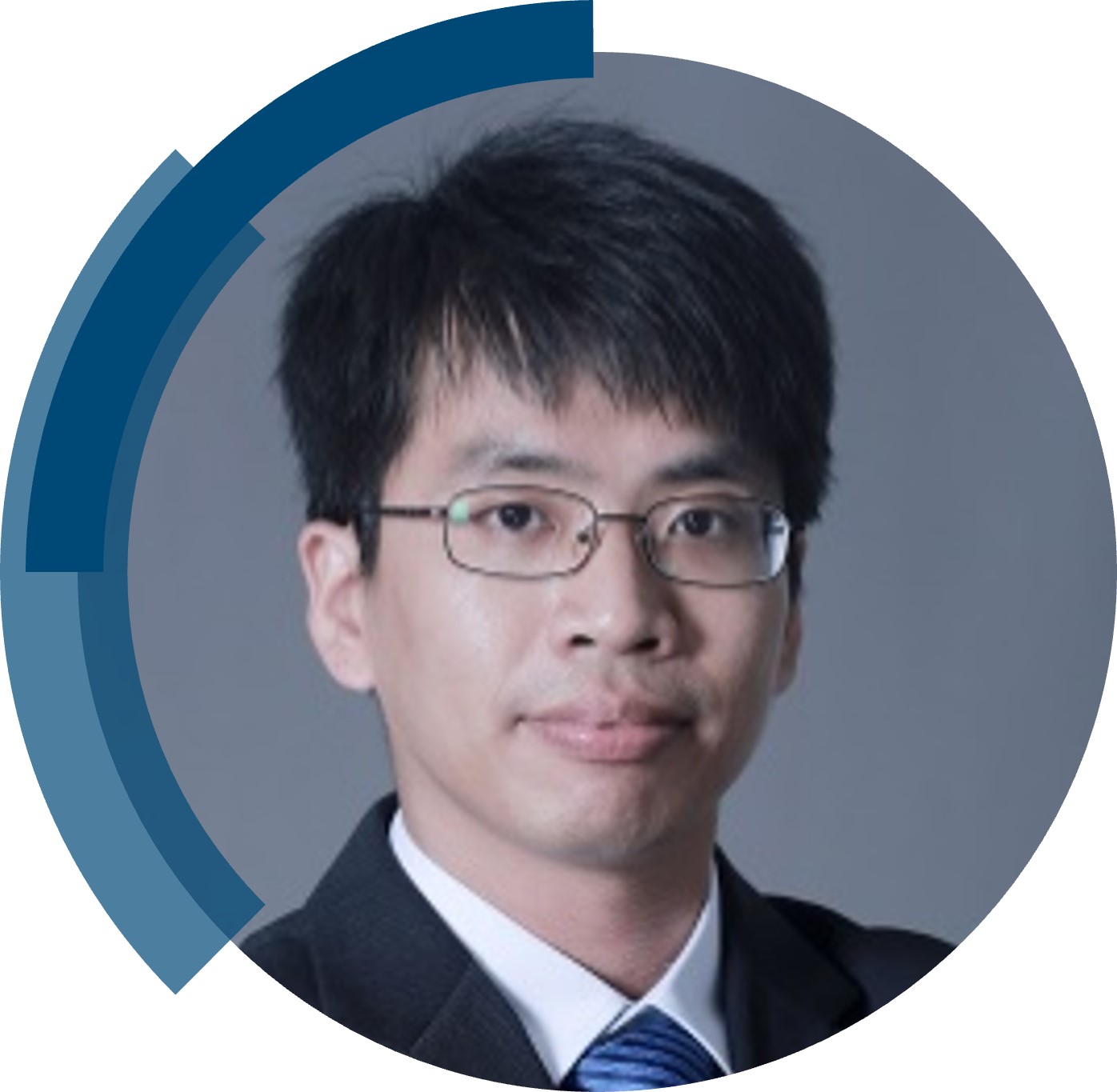ChemComm is publishing its 60th volume in 2024. Over the past 60 years, ChemComm has been the RSC’s most cited journal, and one of the most trusted venues for rapid publication of short communications. In our anniversary year, we recognise the important contributions ChemComm has made, and continues to make, in advancing the chemical sciences.
As part of our anniversary celebrations, we’ve brought together a collection featuring the latest research from some of our most loyal and dedicated authors. From those marking the beginning of their independent academic career by publishing their first article with us, to the rising stars and established leaders publishing in our yearly ‘Emerging Investigators’ and ‘Pioneering Investigators’ collections, this collection champions the contributions of our worldwide author community. We are proud many authors choose to support our journal by regularly publishing their best work with us. This collection also features papers from our ChemComm Emerging Investigator Lectureship winners, and our Outstanding Reviewer awardees, whose invaluable feedback has shaped our published content through the years.
To accompany the collection, we’ll be publishing interviews with contributing authors where they provide further insight into their research and reflect on their journey with ChemComm.
Check out our interview with Dr Chaohua Cui (Soochow University) below!
How have you seen ChemComm evolve over the years, and what aspects do you find most noteworthy?
I have seen ChemComm constantly adheres to the purpose of publishing urgent results with outstanding significance from across the chemical sciences over the years. The papers published in ChemComm represent the high impact research achievements in chemical sciences. It is noteworthy that the authors could receive many helpful revision suggestions to improve the manuscript and the publication times are very fast. My first research paper (first author) was published in ChemComm. I really enjoy the publication experience offered by the journal.
What is your favourite thing about ChemComm?
My favourite thing about ChemComm is the requirement of communication format which is ideally suited to short and urgent studies, prompting the authors and readers to focus on the outstanding significance of the work.
How would you describe the peer review process and interaction with the editorial team at ChemComm?
I would describe the peer review process and interaction with the editorial team at ChemComm is efficient and professional.
Could you provide a brief summary of your recent ChemComm publication?
In addition to efficiency, device stability is a critical issue that should be addressed during the development of organic solar cells. Designing all-fused-ring acceptors is a feasible strategy to tackle the inherent instability issue of organic photovoltaic materials. In our recent ChemComm publication, we developed three all-fused-ring acceptor molecules with different conjugated expansion directions to investigate their photovoltaic performance. Our results reveal the structure–performance–stability relationship of all-fused-ring acceptors, which provides important guidelines for the further design of high-performance and stable OSCs.
Be sure to read the article, “Conjugated backbone optimization of an all-fused-ring acceptor for efficient and stable organic solar cells” to learn more!












